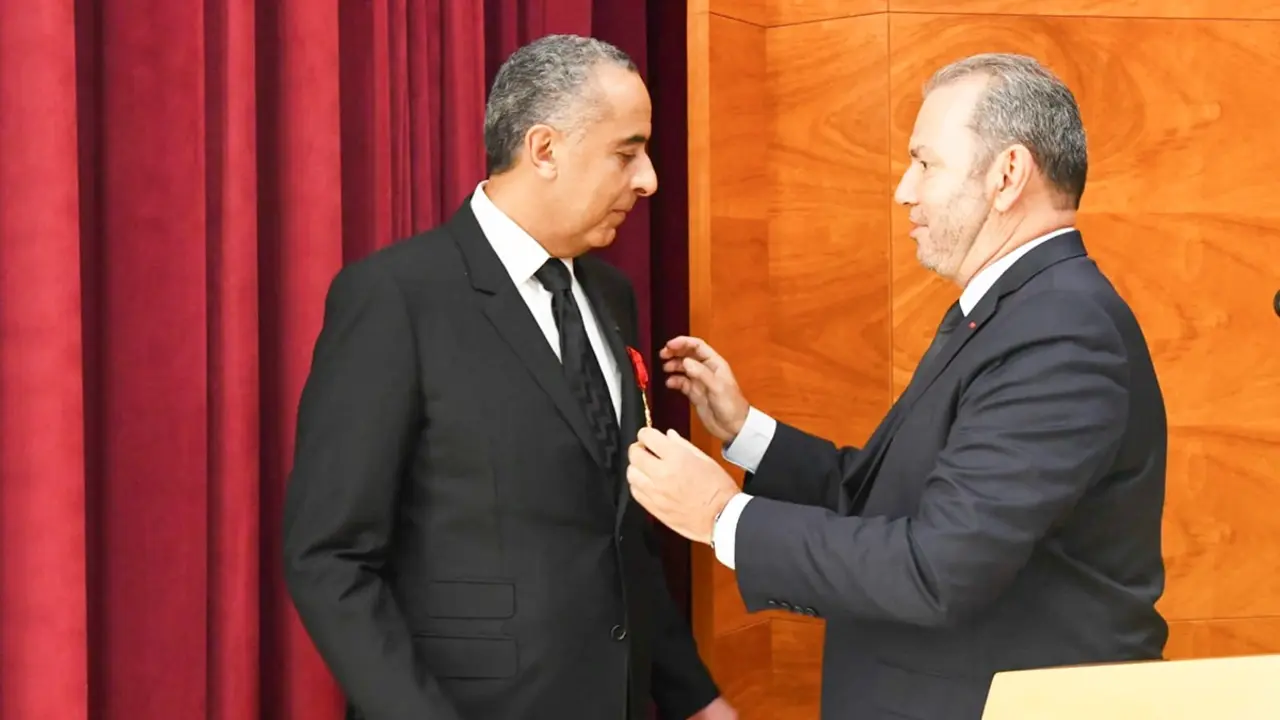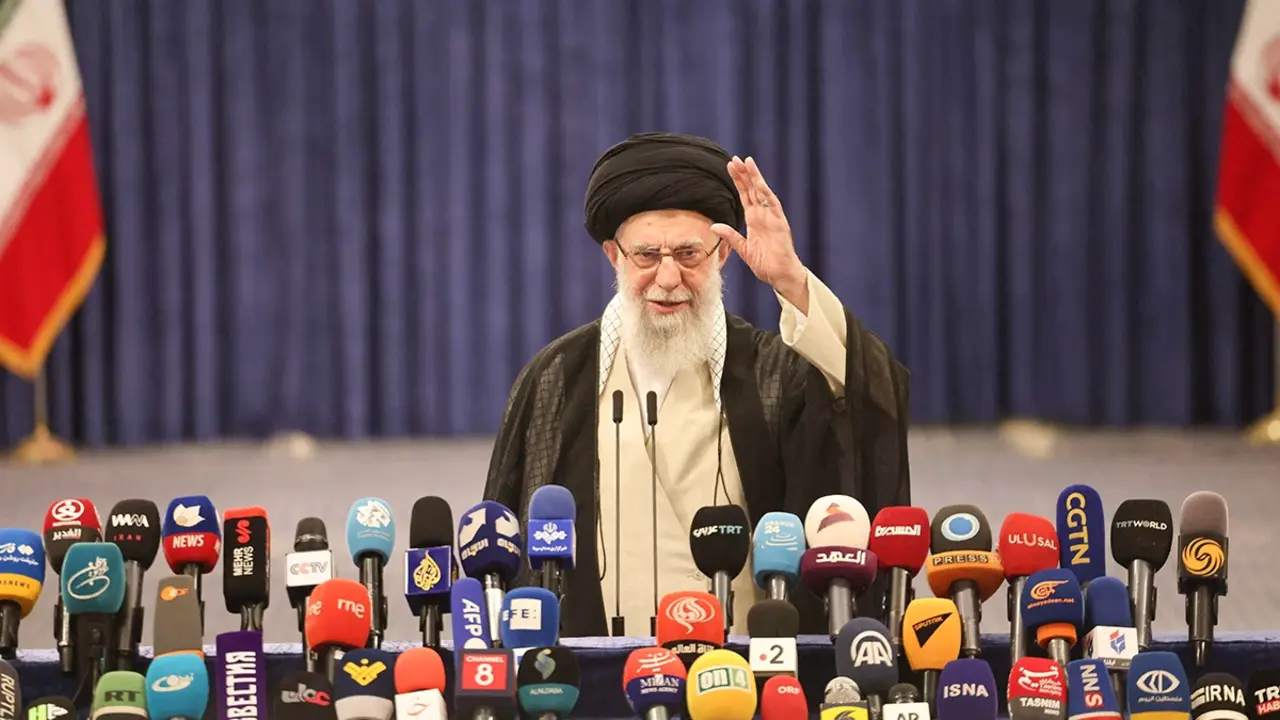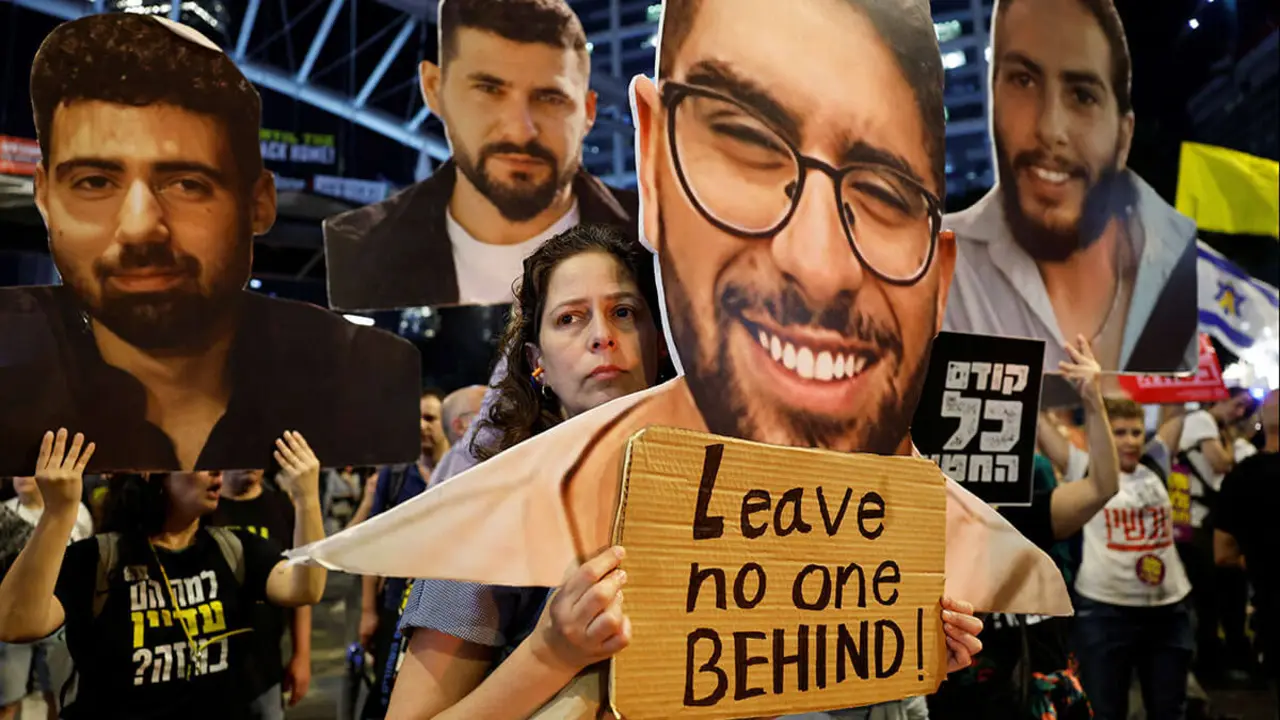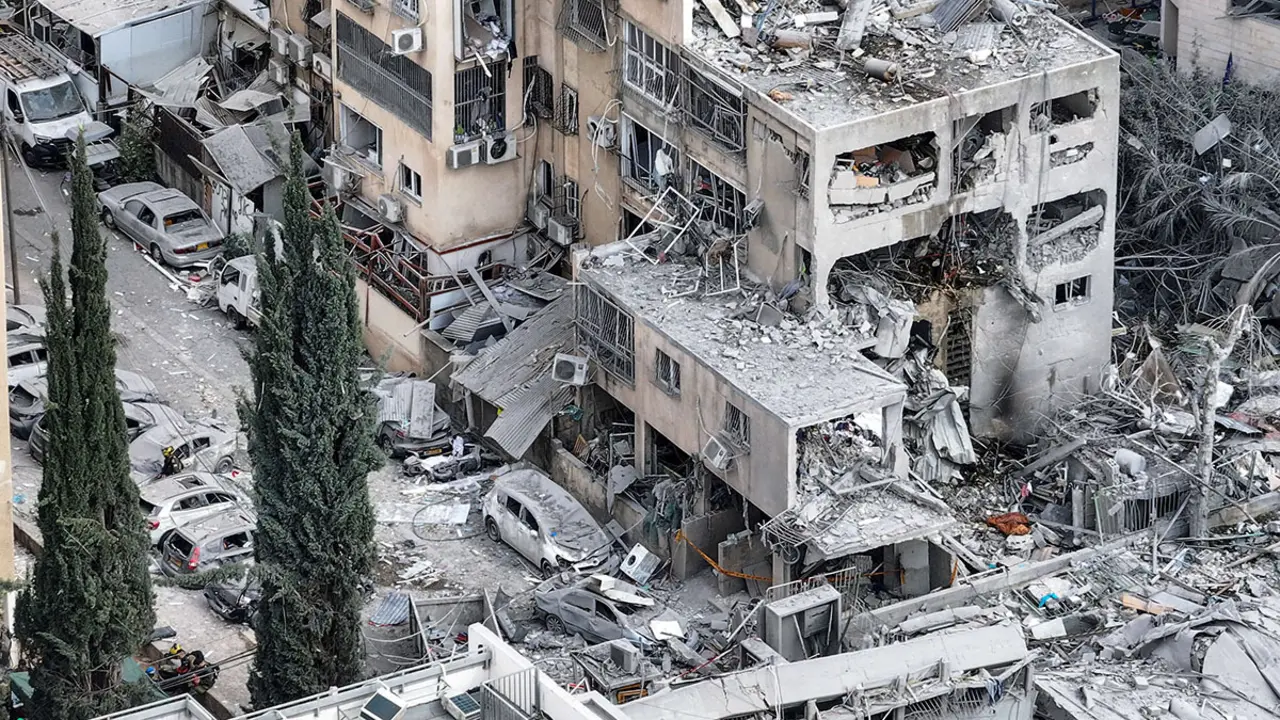The GNA is growing strong in western Libya

"We want to announce that the general command has listened to the wishes of the people, and that, despite the enormous responsibility, the size and the many obligations that it entails, we will accept the popular wish." These were the words that Marshal Jalifa Haftar spoke a little over a week ago. In a solemn speech, the strong man who controls 85% of the country, under the command of the Libyan National Army (LNA), claimed the authority to rule over the entire territory of the North African country.

His words are not exactly in line with practice either. On a territorial level, Haftar has made significant progress in recent months, but recently his offensive has stalled. On some fronts, his positions have even receded.
The two sides continue to fight for every square kilometre of territory in a conflict that has intensified since April last year. marshal Haftar controls the east of the country - where his official headquarters, the city of Tobruk, is located - and large areas of the desert interior. Sarraj holds Tripoli, the western coast, and is supported by the independent city of Misrata, whose military units have stopped the LNA more than 100 kilometres south of this major coastal city.

In recent days, fighting has been concentrated in the west of the country. A few weeks ago, the GNA fighters launched a coordinated offensive there, supported from the air by Turkish drones, which enabled them to recover major population centres such as Sabratha and Surman and, in practice, the entire coast from Tripoli to the borderline with Tunisia. Along the way, the militiamen - many of them Syrian mercenaries sent to North Africa by Turkey - took advantage of the situation to loot private and public property and to release prisoners affiliated with various terrorist groups.
To date, the LNA and its military allies - including Egypt and Russian mercenaries - have not been able to respond militarily. What is more, for the time being, they have continued to retreat. In the last few hours, the GNA has managed to take over the Al-Wattiya airbase.

In the operation, troops loyal to Sarraj managed to requisition combat equipment, such as several 23-millimeter cannons. In addition, in an air strike by the Turkish drones, Osama Amsek, the commander of the LNA who had previously been in charge of the airfield, was killed. His death has been officially confirmed by the Haftar Army's media centre.
The Al-Wattiya base is a strategic point in western Libya, from where the GNA can launch attacks against the remaining LNA units in the border region with Tunisia, which are virtually surrounded by units loyal to the government. In fact, as reported by GNA spokesman Mohammed Kanunu, Sarraj's forces have already carried out 24 air strikes from Al-Wattiya in just over a day.
In addition, in recent weeks, the GNA has carried out a clamp-down on the interior, bringing the inland towns of Yafran and Gharyan under its control. This move leaves the LNA fighters in the area in a difficult situation.

Will the outcome of the fighting on that Western front change? That's a question. Although Haftar is trying to regain the initiative, Sarraj has received significant reinforcements from outside in recent days (and more are expected soon). According to the Syrian Observatory for Human Rights (SOHR), some 7850 Syrian fighters have already arrived in Libya with Turkey. The figures provided by this website suggest that there are more than 260 deaths among them.

Ankara, the main ally on the ground for the GNA, has been supplying both its own armed forces and related mercenaries from jihadist groups operating in the Syrian war in recent months. They are often promised large sums of money and access to Turkish nationality by the Eurasian authorities - promises made but often not kept.

Turkey is their training base. According to the SOHR, there are about 3,000 more Syrian militia on Turkish territory who are already receiving military training and are then deployed to North Africa. Hundreds of them, mostly belonging to the so-called Syrian National Army, are preparing to be transferred to Libya in the coming days.
So, if you look at the figures, you will see that Recep Tayyip Erdogan's government has already recruited around 11,000 militiamen to fight in Libya under his command.








